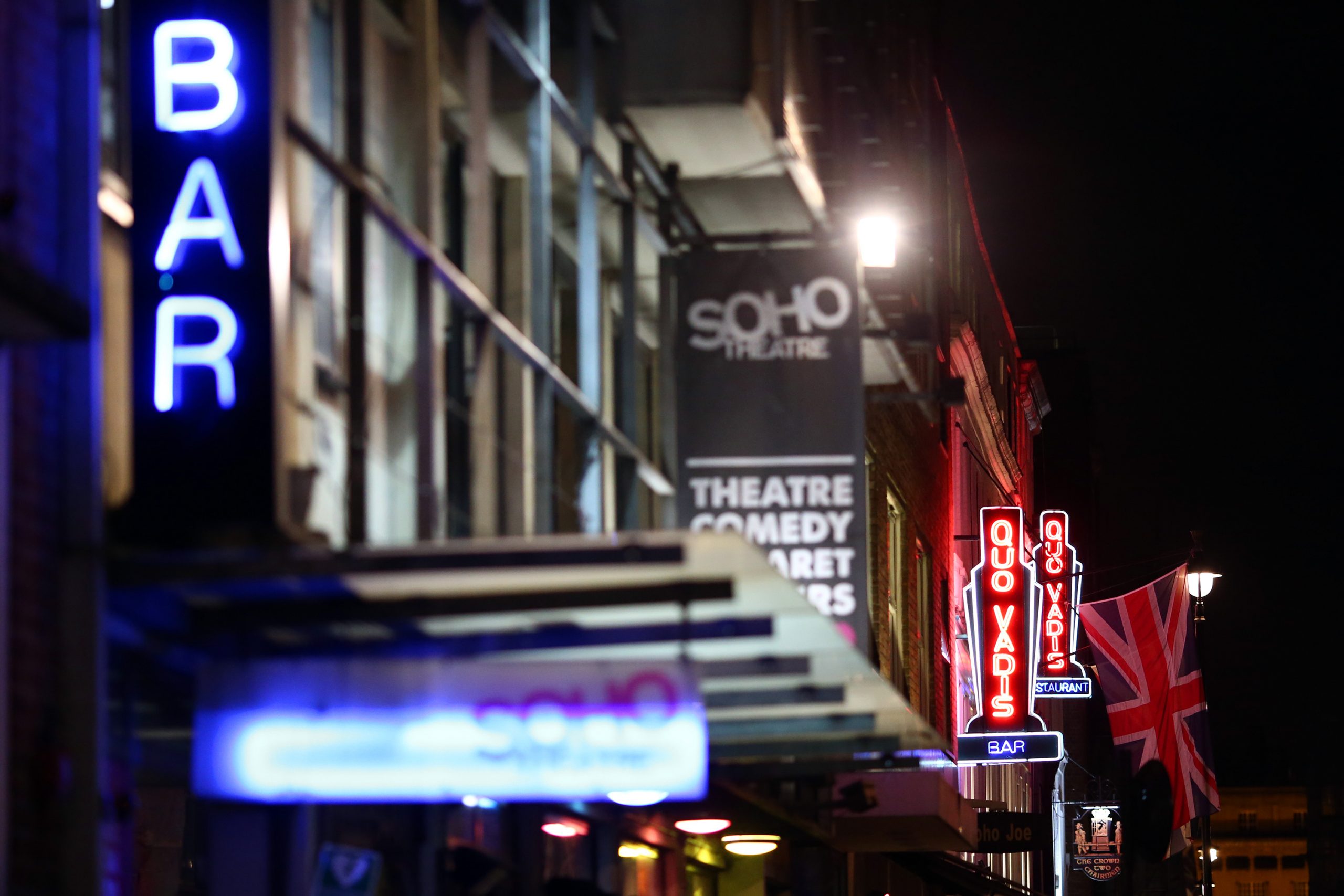
Sometimes it can feel as though charisma, like physical beauty, falls randomly and unfairly across the population, bestowing an ineffable, lifelong gift on people who often don’t deserve or need it. What does the aristocrat want with charisma, for instance? Or the beautiful, for whom doors are already always open? But I am interested – having read the bracing 1990 novel The Buddha of Suburbia by Hanif Kureishi over the Christmas holiday – in a particular sort of charisma. It’s a kind that belongs to the working- and lower-middle classes, for whom charisma, and especially sexual charisma, can be a means of escape or adventure; one of the few items of trading value to call our own.
There is no shortage of rich louche folk who have all the time in the world to perfect the art of company-keeping, but there is something different about the charisma of those who have few other ready resources. I have met wealthy people who are naturally magnetic – romantic, even – yet lack some essential drama because there is nothing at stake in their lives. Artists who travel the world, or writers who move to faraway monasteries, for whom it is all an easily reversed caper funded by family wealth. They are great at dinner parties, sensual mouths stained with red wine – incredibly funny, compendiums of interesting anecdotes – but they miss the propulsive bolshiness of the working-class person who must gamble for their freedom.
In The Buddha of Suburbia, teenage narrator Karim is straining to leave the suburbs of 1970s south London, where he lives with his Indian father Haroon (a frustrated, broke bureaucrat), white English mother Margaret and little brother Allie. When Haroon has an affair with the glamorously eccentric Eva, the family splits up. Eva’s circle of small-time bohemians exoticise and flatter Haroon, indulging his interest in oriental thought and encouraging him to perform a guru role to titillate them. The new couple head off to London, living out their avant-garde aspirations, and bringing with them Karim and his new step-brother Charlie – who becomes Karim’s sometime dispassionate lover.
Karim loves the beautiful, remote Charlie, but not kindly: “I admired him more than anyone but I didn’t wish him well. It was that I preferred him to me and wanted to be him. I coveted his talents, face, style. I wanted to wake up with them all transferred to me.”
Charlie’s got it, whatever it is.
Karim, meanwhile, is trying to find a channel for his own charms, which are less absolute than Charlie’s. He is not heartbreaking and glacial, but endearingly skittish and intense. Soon he finds that acting is a way of gaining access to the world he covets. The cultural and sexual appeal he accrues in theatre transform his life, leading him into strange new terrain and class dynamics. During an ambivalent orgy with a theatre director and his wife, he describes himself as a “class detective”. Of the irritating, exploitative but inescapably seductive couple he is to have sex with, Karim thinks: “Pyke and Marlene seemed to me to be more like intrepid journalists than swimmers in the sensual. Their desire to snuggle up to real life betrayed a basic separation from it. And their obsession with how the world worked just seemed another form of self-obsession.”
Haroon, Karim and Charlie all use whatever social capital is at their disposal to transcend their suburban situations. All trade on the erotic, while Haroon and Karim are also constantly racialised by the gatekeepers. Each pays a price in some way – losing privacy, dignity or some essential part of self – and must accept that their otherness will be tokenised. Yet they don’t seem to regret the way in which they wrangled access to the world. What else were they to do?
In my life I have overcome various obstacles and gained admittance to worlds that I liked the look of, by packaging myself in a certain way. Depending on with whom I was talking, and what I sensed they wanted, I might be a cheeky uneducated upstart over here, a hedonistic good-time girl over there. I was almost always sexualised, which was no hardship because I fancied everyone like mad. Like Karim, my desires were too naked and too total for me ever to be cool – I openly wanted to drink with all the gorgeous, interesting people. Everyone could see that I wanted to have a bit of whatever was going, whomever it was going with. Sometimes that hunger could be dangerous, of course. It reminds me of a quote I read by an addict – which was along the lines of: “I wanted to fuck the world, to snort the world.”
Drawn towards London, Karim thinks lustfully: “There were bookshops with racks of magazines printed without capital letters or the bourgeois disturbance of full stops; there were shops selling all the records you could desire; there were parties where boys and girls you didn’t know took you upstairs and fucked you; there were all the drugs you could use. You see, I didn’t ask much of life; this was the extent of my longing.”
Karim’s charisma is not as pure or streamlined as the more middle-class Charlie’s, because he is too needful, too desirous. Self-determination and self-reliance are magnetic, unfortunately for the likes of Karim and myself, who are innervated strands of pure need, dying for experience and full of joyful greed for other people, all the people, anyone you like.
But the hunger I’m speaking of is its own sort of charisma, which does you well when you don’t have much else to work with. The ambitious cheek of someone who is told they’re nothing much and responds by shrugging and going at it anyway – speeding about a city, starving and unashamed – is attractive in itself. It’s sexy, creative and, here in The Buddha of Suburbia, utterly exhilarating.
This article appears in the 08 Jan 2020 issue of the New Statesman, Trump vs Iran





